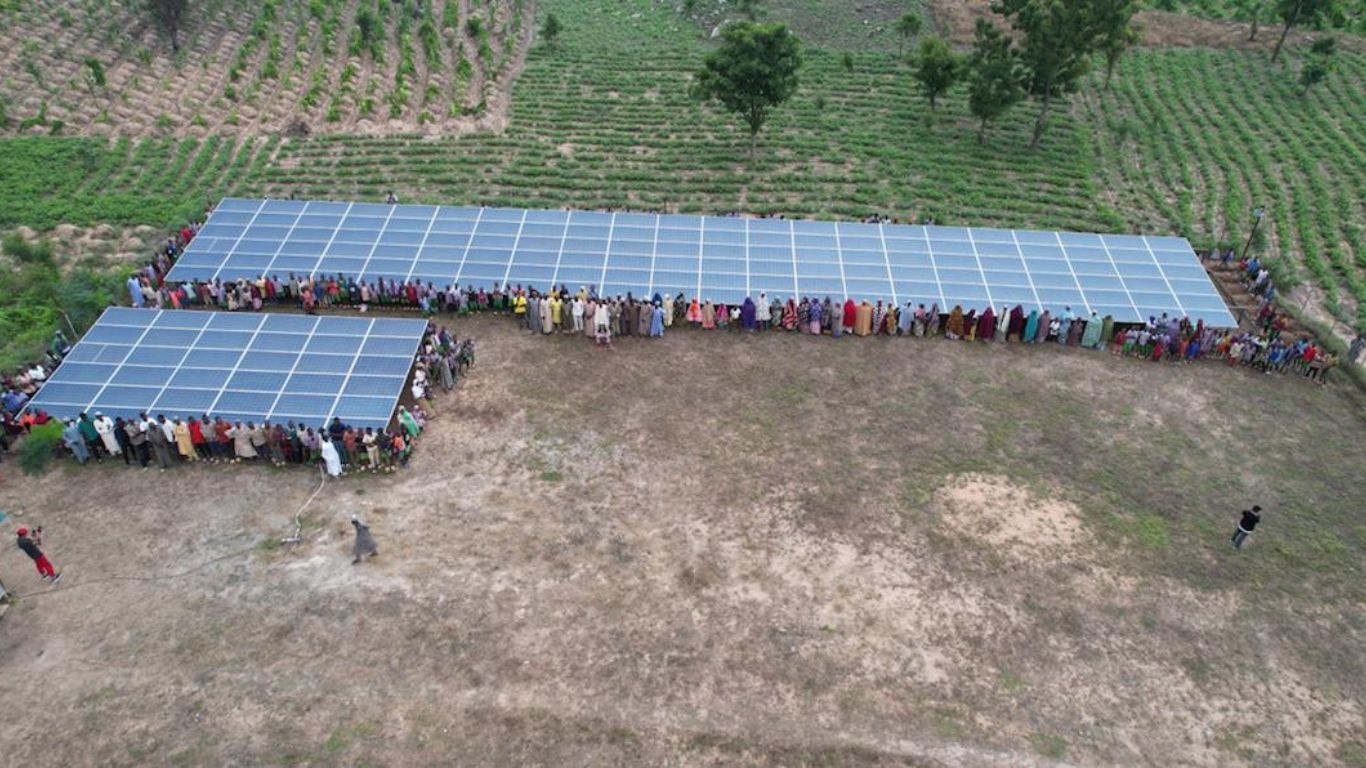How Off-Grid Energy Providers are Contributing to Sustainable Development in Nigeria
Nigeria has always faced the problem of insufficient electricity. According to the 2023 Energy Progress Report by tracking SDG 7, over 80 million Nigerians, about 45% of the population lack access to electricity. Even in areas where there’s electricity, the supply is often unstable and unreliable. The country is heavily dependent on fossil fuels, with oil and gas accounting for about 90% of total energy consumption, according to a report by the World Bank. This has resulted in several challenges including lack of adequate health care due to power outages in medical facilities, slowed economic growth as businesses face disruptions and inefficiencies in their operation, social inequalities from unequal access to electricity, difficulties in communication and information access, and overall lack of development in the society.


